TUD Dresden University of Technology
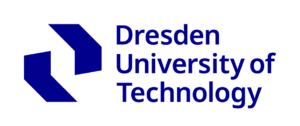
Since the establishment of the DRESDEN-concept alliance in 2010, the research alliance of TU Dresden with local, extramural research and cultural institutions has grown immensely. The number of DRESDEN-concept partners has steadily increased over the past few years from 15 to 43. The partners are united by the goal of promoting Dresden as a research hub while creating and utilizing synergies in research, teaching, infrastructure and administration.





























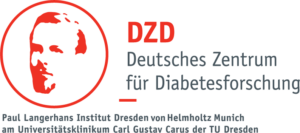























































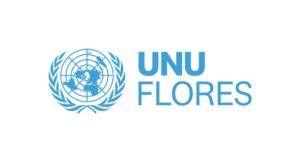







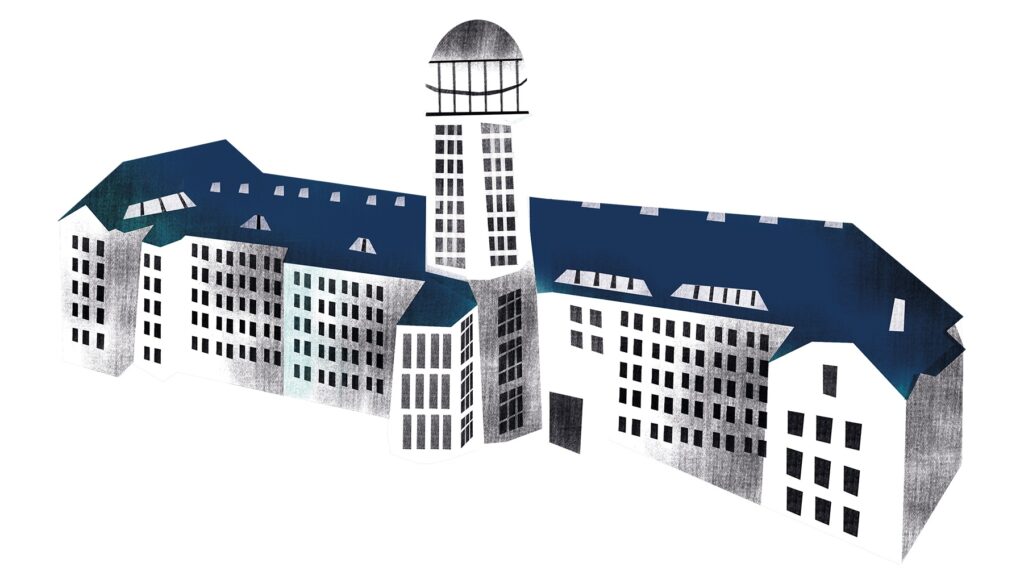

TU Dresden
Infostelle
Mommsenstraße 9
01069 Dresden
Deutschland
Tel.+49 (0) 351 463 - 37044 Fax+49 (0) 351 463 - 37284 E-Mailinfostelle@tu-dresden.de Webwww.tu-dresden.de
Founded in 1828, today TUD is a University of Excellence and one of Germany's top research institutions. With 29,000 students and 8,500 employees, 121 degree programs, and 17 faculties, it is one of Germany's largest technically-oriented universities. As TUD | The Collaborative University, it fosters collaboration across disciplines, organizations, and countries — engaging closely with science, industry, and society. It combines scientific excellence with innovative strength and regional responsibility with a global orientation—collaborative. inventive. transformative. engaged.
TU Dresden
Infostelle
Mommsenstraße 9
01069 Dresden
Deutschland
Tel.+49 (0) 351 463 - 37044 Fax+49 (0) 351 463 - 37284 E-Mailinfostelle@tu-dresden.de Webwww.tu-dresden.de




Dresden International University (DIU) offers academic and professionally oriented continuing education programs in the fields of Management & Legal, Engineering & Technology, and Life Sciences. As a private university, DIU is permanently state-recognized and operates as an affiliated institute of TUD Dresden University of Technology. DIU serves as a key partner for human resource development in companies and organizations, as well as for shaping individual career paths both in Germany and abroad. Our primary focus is on the specific needs of our students and professionals. A shared educational concept ensures the successful completion of certificate courses, bachelor's and master's degree programs alongside professional commitments. The university designs and offers flexible degree and certificate programs that can be pursued part-time and tailored to individual needs. Through innovative teaching methods, practice-oriented programs, an excellent network of experts, associations, and industry partners, as well as strong international connections, students are supported in preparing for sector-specific developments, innovation, and the advancement of their personal career opportunities.




The Cooperative State University of Saxony (DHSN) offers 8 three-year cooperative degree programs in the fields of technology and business at its Dresden location. Together with the DHSN’s six other locations, it hereby supports the transfer of scientific knowledge from theory to practice and vice versa. DHSN Dresden also has a wealth of experience in cooperative research with practice partners, particularly in the areas of digital transformation, environment and health as well as construction and energy.




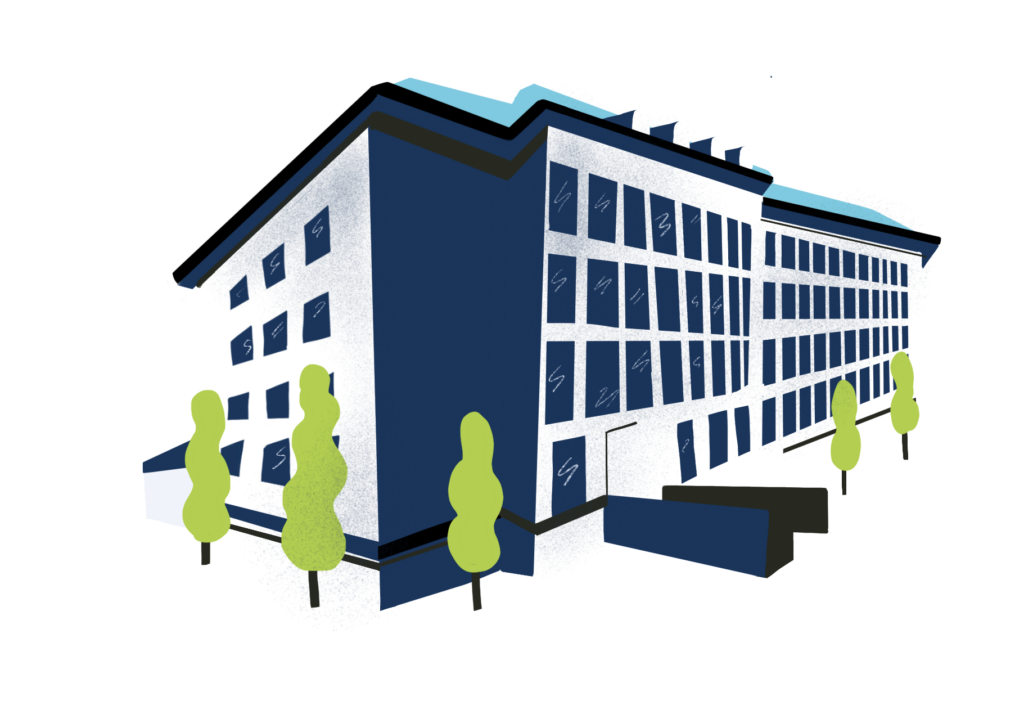

The University of Applied Sciences for Social Work, Education and Nursing (ehs) is a research-strong and internationally networked university of applied sciences with currently around 900 students. The university of applied sciences teaches and conducts research in the fields of social work, nursing, childhood education, Protestant religious and community education, social management and counseling. The ehs was founded in 1991, is state-recognized and is funded by the Free State of Saxony and the Evangelical Lutheran Church of Saxony. ehs is open to all students regardless of religious affiliation or faith.




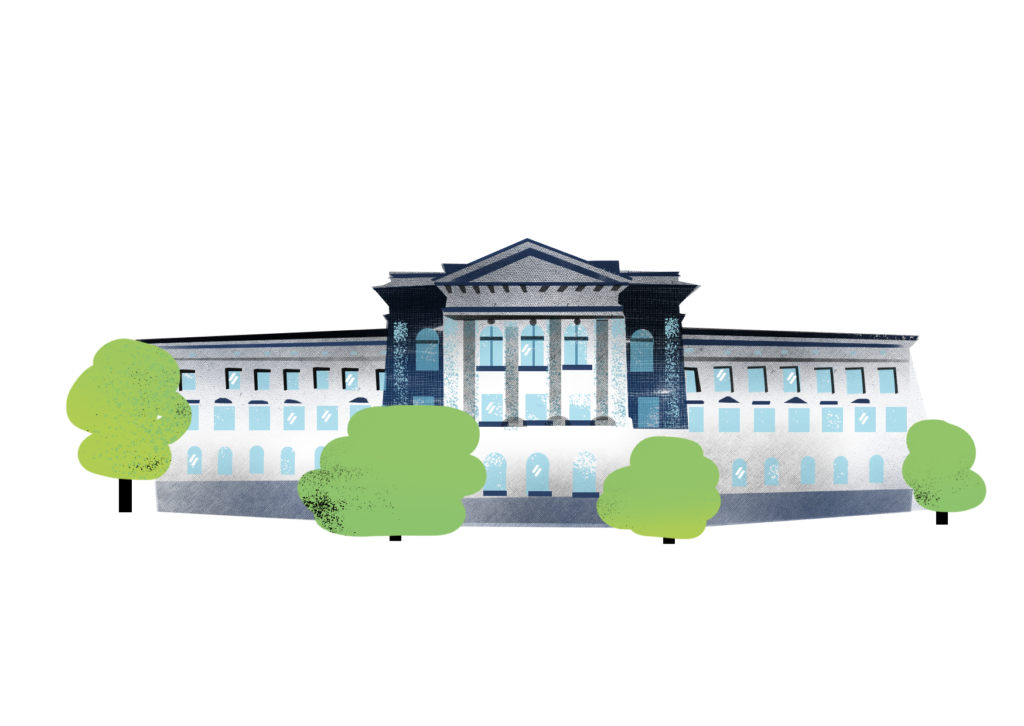

The Dresden University of Music Carl Maria von Weber sees itself as a place for fostering musical culture, where art, science and teaching are interwoven in theory and practice. Tradition and renewal, continuity and experimentation are in a lively dialog. Freedom for experimentation, new ways of working and artistic research are part of everyday life at the university.




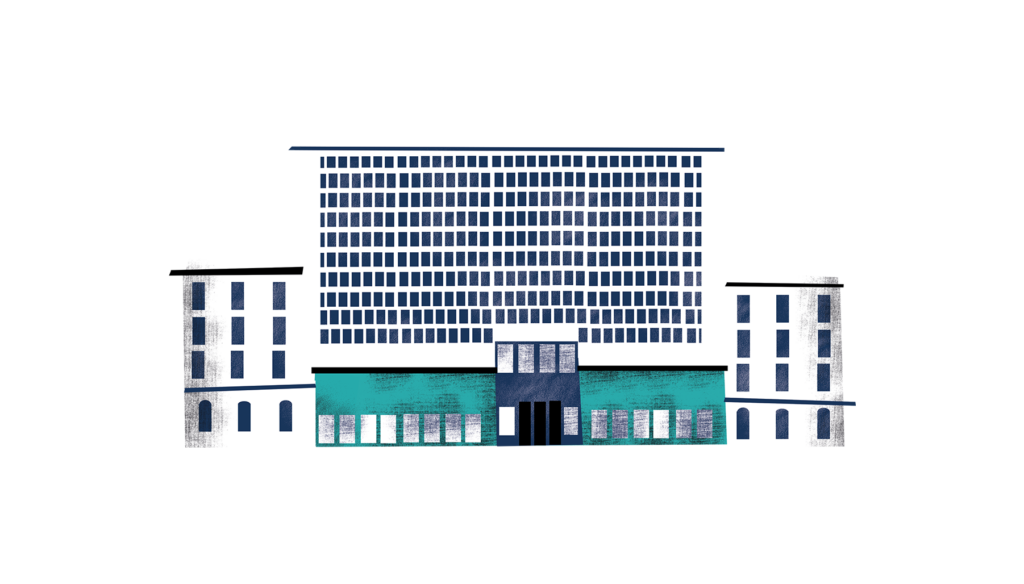

The HTWD has a distinctive engineering and business profile in teaching and research, supplemented by artistic fields. The university is regionally anchored and has an international orientation, offering a wide range of industry-oriented degree programs in combination with extensive experience in application-oriented research.






The HfBK Dresden is one of the oldest art academies in Europe and understands art and science as free and creative spaces of aesthetic and discursive experience and practice. In teaching and research, is is closely and actively connected to the cosmos of contemporary visual arts, theater life, the preservation of cultural assets and the threshold to art and social issues.




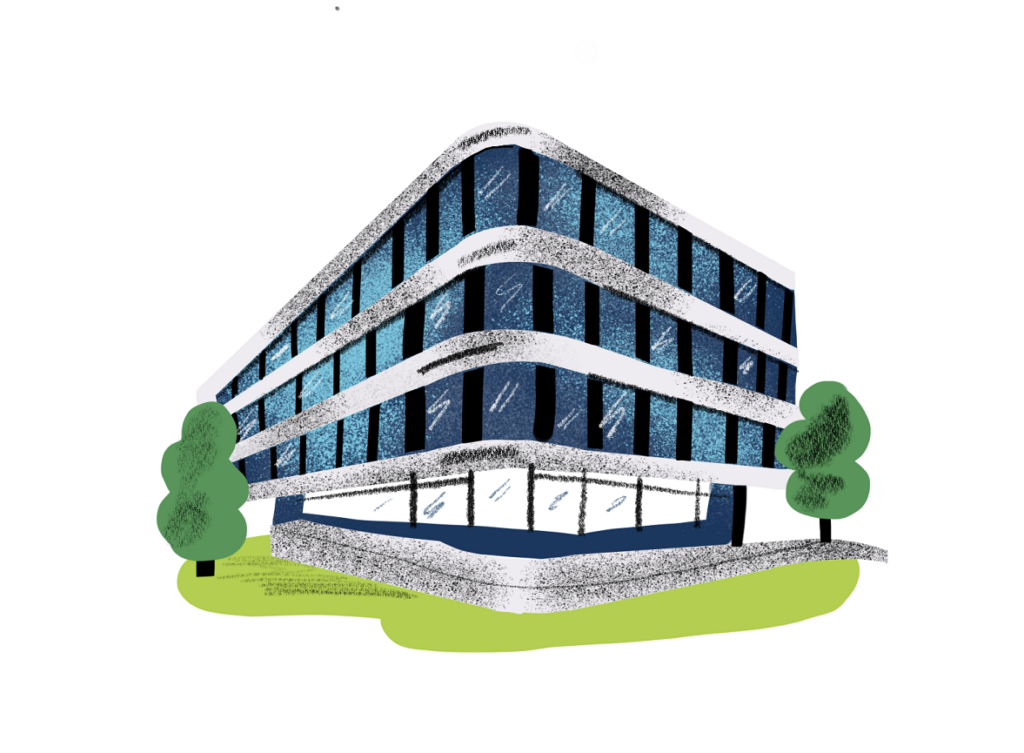

With more than 3,000 employees, the German Cancer Research Center (Deutsches Krebsforschungszentrum, DKFZ) is Germany’s largest biomedical research institute. DKFZ scientists identify cancer risk factors, investigate how cancer progresses and develop new cancer prevention strategies. They are also developing new methods to diagnose tumors more precisely and treat cancer patients more successfully.






The Paul Langerhans Institute Dresden (PLID) is a founding partner of the German Center for Diabetes Research at the University Hospital Dresden, a satellite institute of Helmholtz Munich since 2015 and one of the three German Centers for Health Research in Dresden. Research at the PLID focuses on the islets of Langerhans in the pancreas. These islets contain the insulin-producing beta cells, which are impaired or even destroyed in type 1, type 2 and gestational diabetes. The research groups in the PLID are working on deciphering the mechanisms that cause the destruction and/or functional impairment of beta cells in diabetes. They are also developing new approaches to replace the damaged or destroyed beta cells. Their efforts extend also to research on other organs perturbed in metabolic disorders, such as the liver, the adipose tissue as well as the innate and acquired immune system.
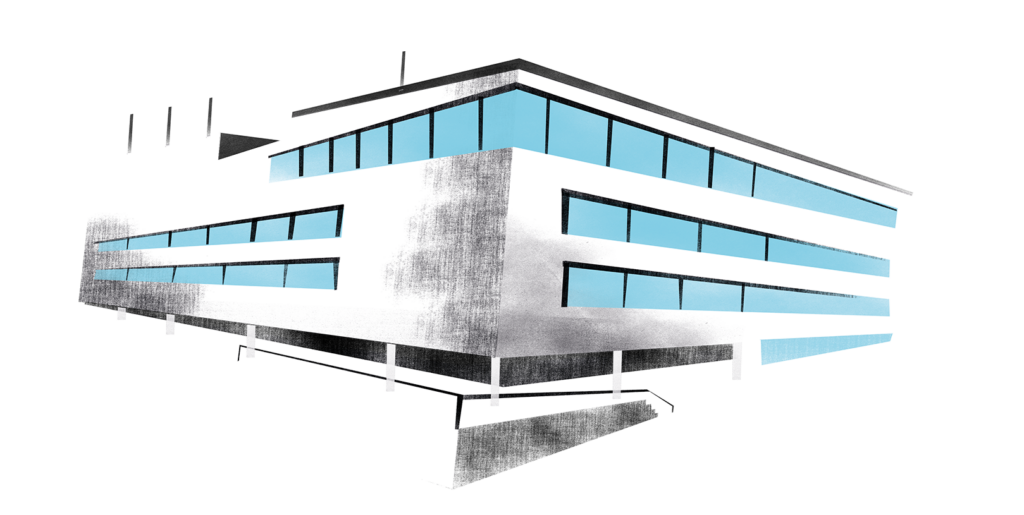

The Dresden site of the DZNE strives to harness the findings of stem cell research and developmental biology in order to prevent and treat neurodegenerative diseases. It seeks to develop biologically sound strategies for awakening the body's own potential for healthy cognitive ageing and for resilience to neurodegenerative diseases.
Tel.+49 (0) 351 210 463 – 0 Fax+49 (0) 351 210 463 – 12 E-Mailgerd.kempermann@dzne-dresden.de Webwww.dzne.de
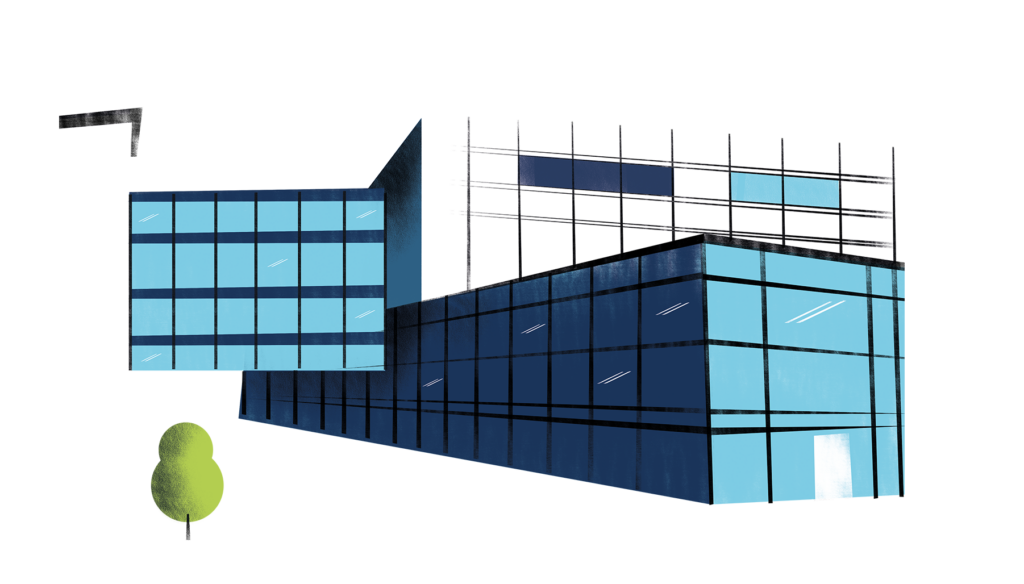

Universitätsklinikum Carl Gustav Carus Dresden
an der Technischen Universität Dresden, Anstalt des öffentlichen Rechts des Freistaates Sachsen
Fetscherstraße 74
01307 Dresden
Deutschland
Tel.+49 (0)351 458 – 0 Fax+49 (0)351 458 – 4340 E-Mailinfo@uniklinikum-dresden.de Webwww.uniklinikum-dresden.de
As a hospital providing supra-maximal care, the University Hospital Dresden is open to the people in the region and beyond in all areas of inpatient and outpatient care. Dresden's University Hospital is a leader in the treatment of complex, particularly serious or rare diseases. With its expertise, the Carl Gustav Carus University Hospital is an essential partner for doctors in private practice as well as hospitals in Dresden and Eastern Saxony.
Universitätsklinikum Carl Gustav Carus Dresden
an der Technischen Universität Dresden, Anstalt des öffentlichen Rechts des Freistaates Sachsen
Fetscherstraße 74
01307 Dresden
Deutschland
Tel.+49 (0)351 458 – 0 Fax+49 (0)351 458 – 4340 E-Mailinfo@uniklinikum-dresden.de Webwww.uniklinikum-dresden.de






The MPI CPfS works on interdisciplinary topics such as the optimisation of material synthesis, the influence of external forces on magnetic and electronic properties and understanding the interaction of topology and symmetry in modern materials. The border area between the metallic and superconducting state is another major topic at the institute.
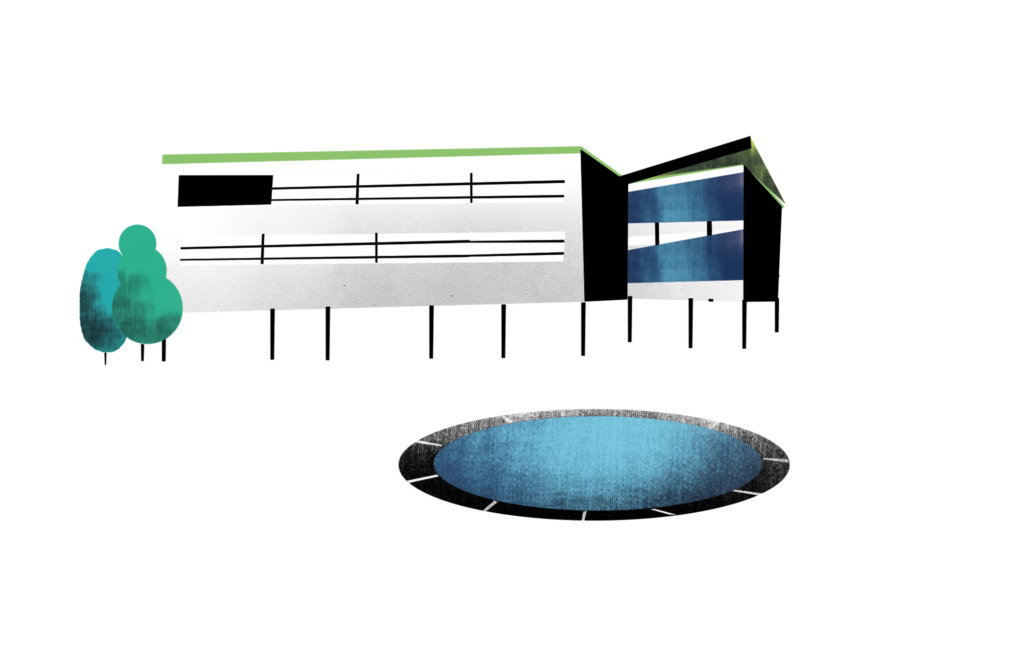

The MPI PKS investigates the physics of complex systems in manifold ways: from novel and unconventional questions in traditional fields such as solid state physics or molecular physics to physical phenomena in biological systems or the application of physical concepts in societal contexts.
Tel.+49 (0) 351 871 - 0 Fax+49 (0) 351 871 - 1999 E-Mailinfo@mpipks-dresden.mpg.de Webwww.mpipks-dresden.mpg.de






The MPI-CBG is dedicated to exploring the self-organization of cells during the transition from single cells to tissues. In its research, the MPI-CBG covers a wide range of different degrees of complexity: from molecular networks, cell organelles, cells and tissues to organs and even entire organisms. The MPI-CBG works in a highly interdisciplinary way: biologists, biochemists, (bio)physicists, mathematicians and computer scientists are working together to accomplish the institute’s mission.


The Dresden branch of Fraunhofer IVV's Processing Technology department develops and optimizes packaging, processing and cleaning processes and develops digital solutions for production areas. In addition to the food and packaging industry, the packaging and processing machinery industry, the chemical industry, the pharmaceutical and cosmetics industry and the agricultural industry also benefit from the innovative technologies and expertise.
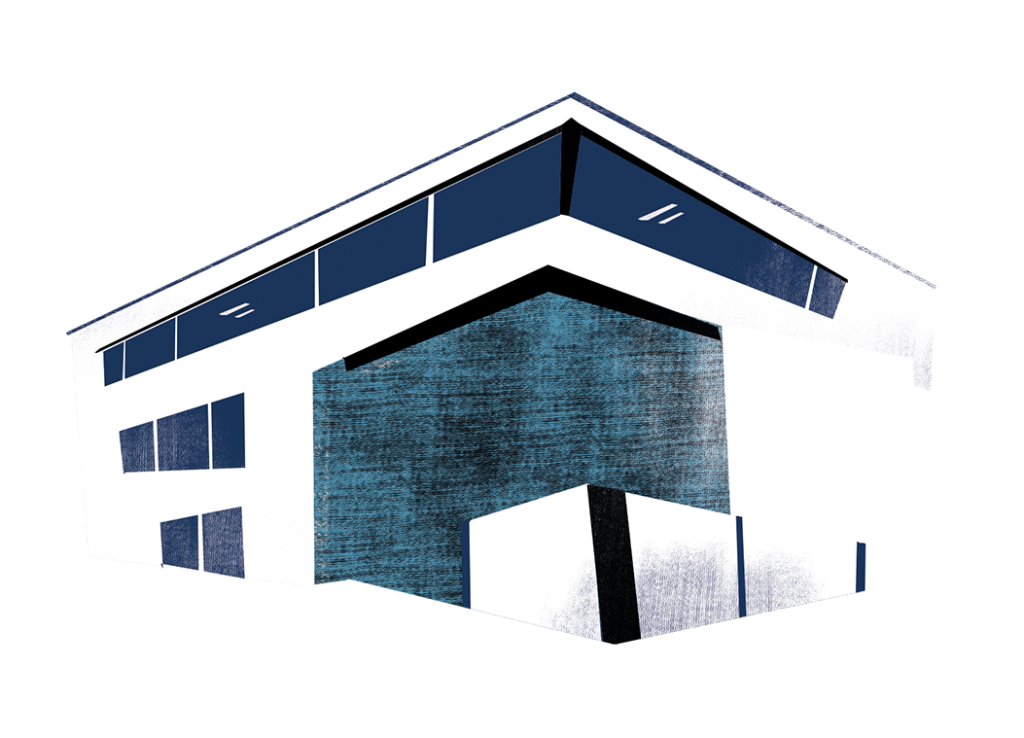

Fraunhofer IWU Dresden stands for technical acoustics, innovative lightweight structures and technologies for processing new materials as well as adaptive and cognitive production systems in the sense of a fully automated factory. The functional transfer to assembly groups and the latest metal-based additive manufacturing processes are also core components of the service portfolio.




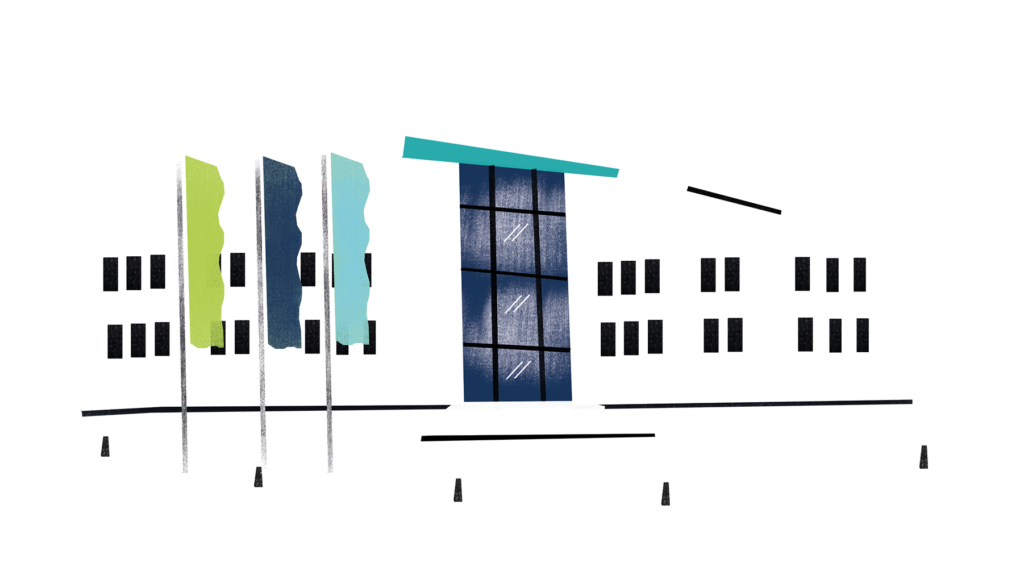

Fraunhofer IZM-ASSID develops application-specific integration solutions for microelectronic systems in the application field of Internet of Things (IoT) using wafer-level packaging technologies. The range of services includes process development, material evaluation and qualification, prototyping, low-manufacturing and process transfer.
Tel.0351 7955720 Fax+49-30-46403-606 Webwww.izm.fraunhofer.de/de/abteilungen/high_density_interconnectwaferlevelpackaging.html






Fraunhofer IFAM Dresden conducts fundamental and applied research for solution-oriented material and technology development for innovative sintered and composite materials, functional materials as well as cellular metallic materials for energy technology, mobility and medical technology. Hydrogen technology plays a key role in the field of energy technology.
Tel.0351 537-300 Fax0351 2537-399 Webwww.ifam.fraunhofer.de/de/Institutsprofil/Standorte/Dresden.html
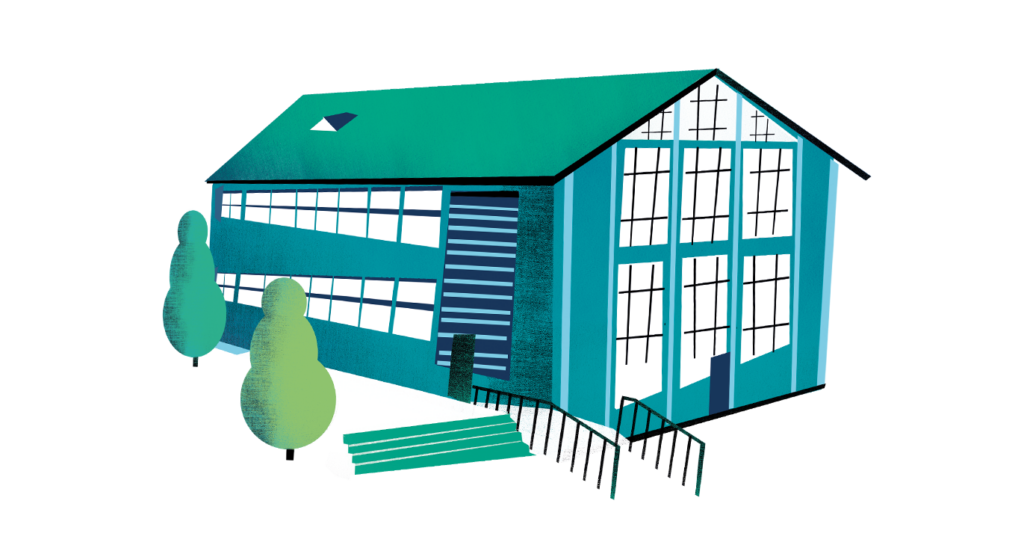

Fraunhofer IVI develops technologies and concepts in the fields of mobility, energy and security. Its transport-related research work ranges from the field of vehicle and propulsion systems to intelligent transport systems, and it also covers the areas of disposition, logistics and digital business processes.
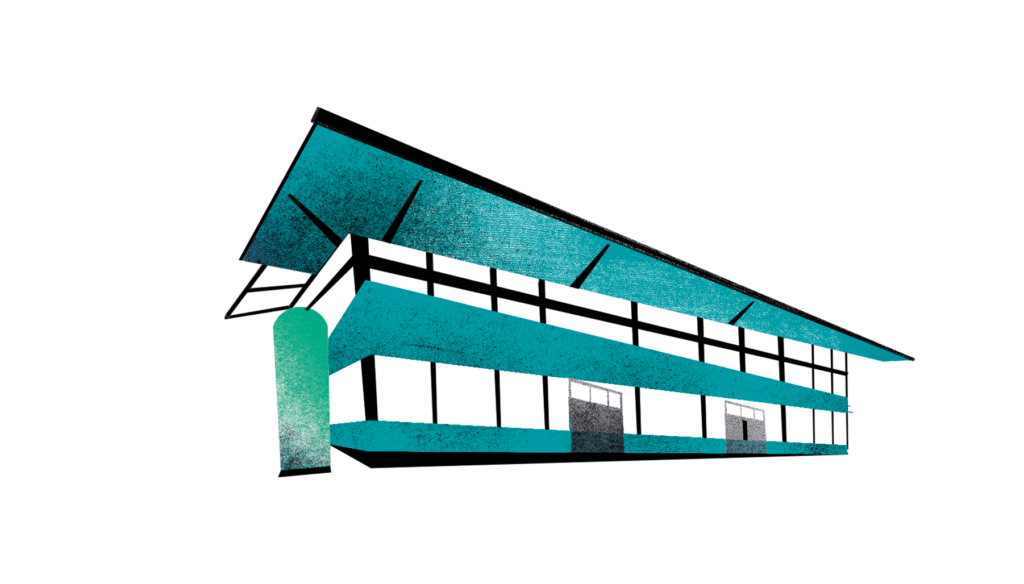

Fraunhofer FEP is dedicated to the development of innovative solutions, technologies and processes for surface treatment. The institute thus offers a broad spectrum of research, development and pilot production possibilities.
Tel.+49 (0) 351 2586 - 0 Fax+49 (0) 351 2586 - 105 E-Mailannett.arnold@fep.fraunhofer.de Webwww.fep.fraunhofer.de
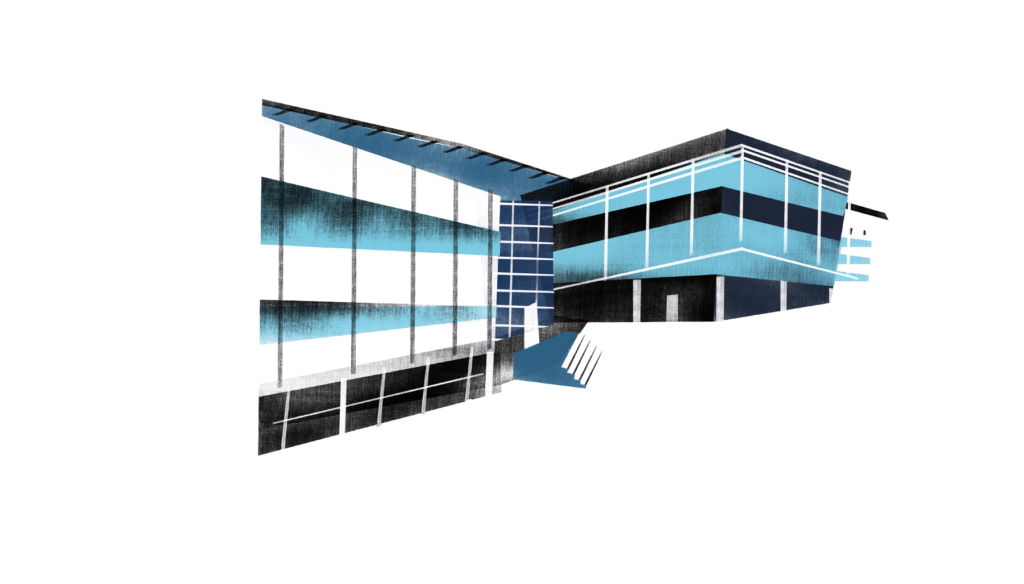

Fraunhofer IKTS conducts applied research on advanced high-performance ceramic materials, industrial manufacturing processes as well as prototype components and systems in complete production lines up to the pilot-plant scale. In addition, the research portfolio also includes materials diagnostics and testing.
Tel.+49 (0) 351 2553 -700 Fax+49 (0) 351 2553 - 600 E-Mailinfo@ikts.fraunhofer.de Webwww.ikts.fraunhofer.de
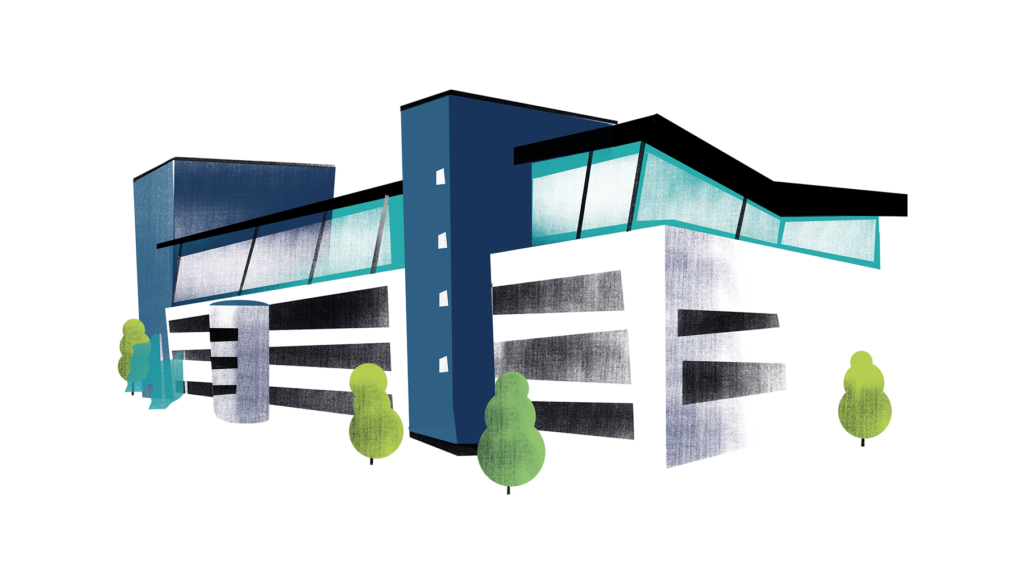

Fraunhofer-Institut für Photonische Mikrosysteme (IPMS)
Maria-Reiche-Str. 2
01109 Dresden
Deutschland
Tel.+49 (0) 351 8823 - 0 Fax+49 (0) 351 8823 - 266 E-Mailinfo@ipms.fraunhofer.de Webwww.ipms.fraunhofer.de/
Fraunhofer IPMS is a worldwide leader in research and development services for electronic and photonic microsystems in the fields of smart industrial solutions, medical & health applications and mobility. The developed products can be found in semiconductor technology, automobile technology, measurement and medical technology.
Fraunhofer-Institut für Photonische Mikrosysteme (IPMS)
Maria-Reiche-Str. 2
01109 Dresden
Deutschland
Tel.+49 (0) 351 8823 - 0 Fax+49 (0) 351 8823 - 266 E-Mailinfo@ipms.fraunhofer.de Webwww.ipms.fraunhofer.de/
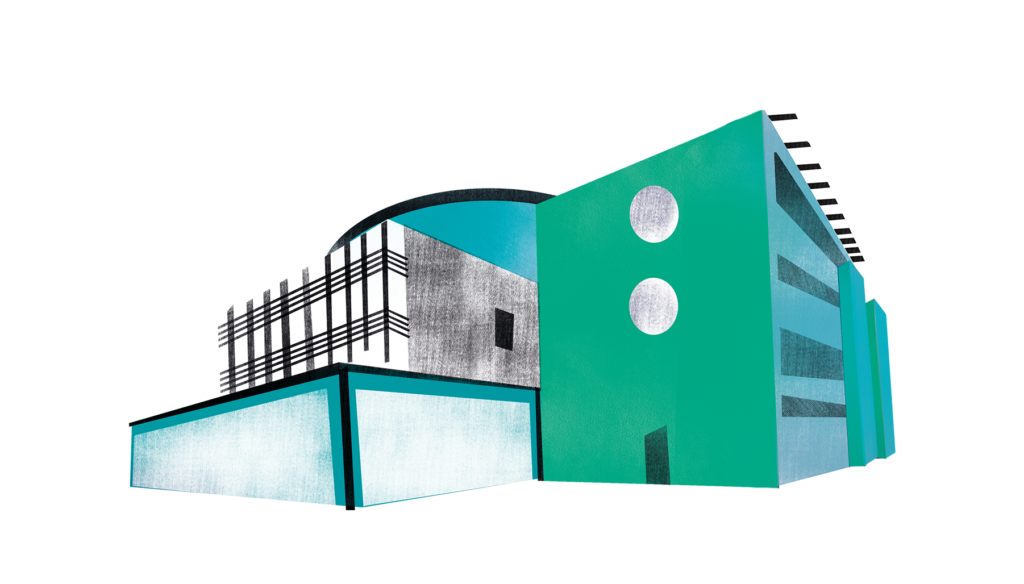

Fraunhofer-Institut für Werkstoff- und Strahltechnik IWS Dresden
Winterbergstr. 28
01277 Dresden
Deutschland
Tel.+49 (0) 351 83391 - 0 Fax+49 (0) 351 / 83391 - 3300 Webwww.iws.fraunhofer.de
Materials and Lasers - Competence with a System: The institute's researchers define themselves as idea drivers developing customized solutions based on laser applications, functionalized surfaces and material and process innovations.
Fraunhofer-Institut für Werkstoff- und Strahltechnik IWS Dresden
Winterbergstr. 28
01277 Dresden
Deutschland
Tel.+49 (0) 351 83391 - 0 Fax+49 (0) 351 / 83391 - 3300 Webwww.iws.fraunhofer.de




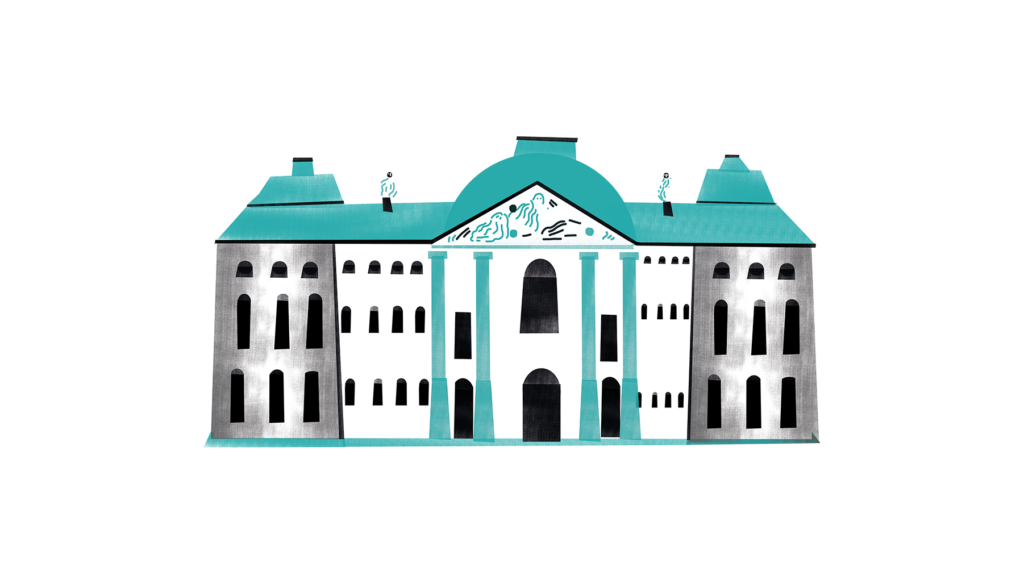

The Senckenberg Natural History Collections Dresden are among the oldest natural history museums in the world. Eighteen research sections cover all areas of zoology as well as mineralogy and geology. In line with their almost 300-year-old tradition, they still devote themselves today to the guiding principle of a natural science museum: "collecting, preserving, researching and communicating".
Tel.0351 – 79 58 414 326 Fax0351 – 79 58 414 327 E-Mailsinah.hoffmann@senckenberg.de Webwww.senckenberg.de




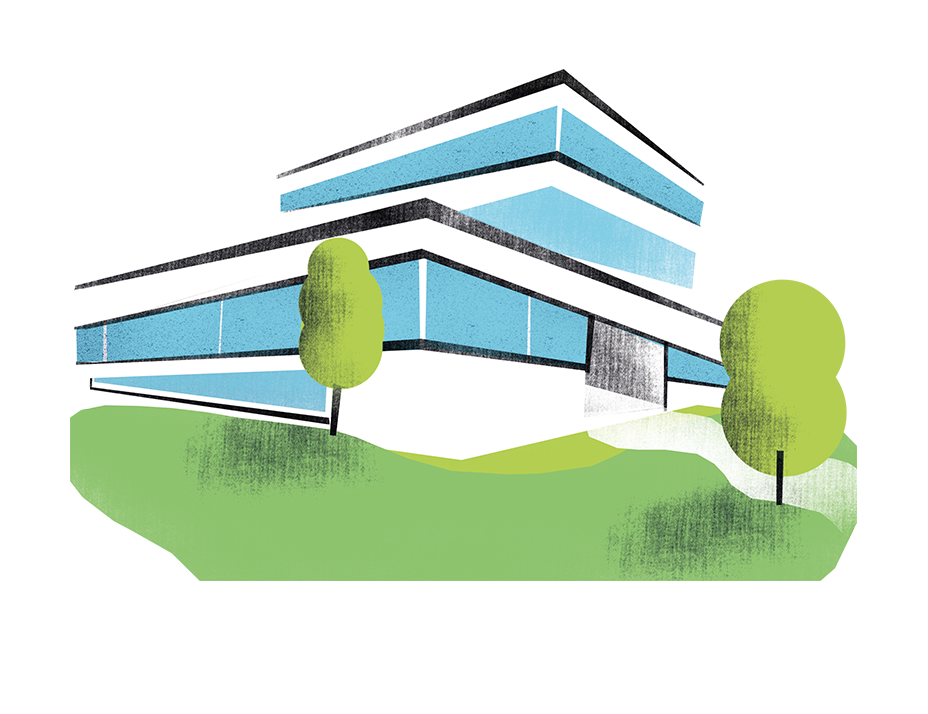

The IOER develops scientific principles, analytical tools and instruments for the sustainable development and transformation of neighbourhoods, cities and regions. To this end, it conducts cross-scale research into the interactions and feedbacks between the natural environment, people and technologies, as well as options for stewardship and planning.
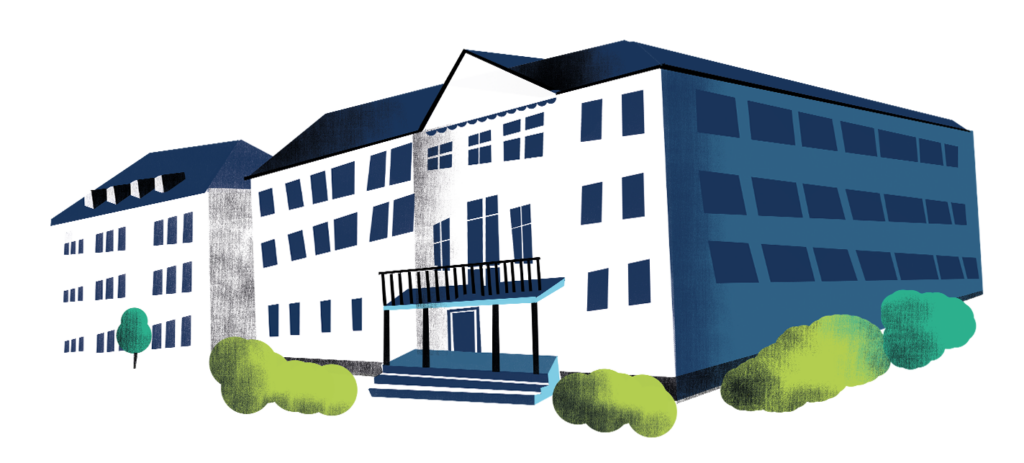

Through interdisciplinary materials research, the IPF enables innovative technologies in the fields of resources, health, and information.
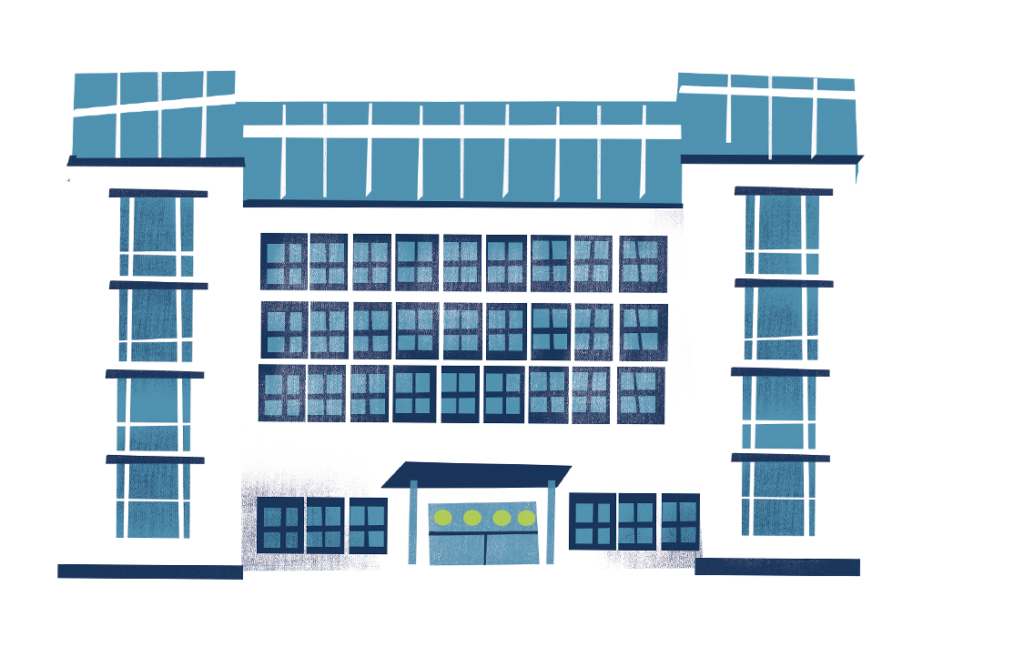

The IFW’s mission is to explore the physics, chemistry and function of new materials and to generate innovations from new findings. The focus is on the level of molecules, atoms and electrons, which are governed by the laws of quantum physics and nanotechnology.
Tel.+49 (0) 351 4659 - 0 Fax+49 (0) 351 4659 - 540 E-Mailp.baeuchler@ifw-dresden.de Webwww.ifw-dresden.de
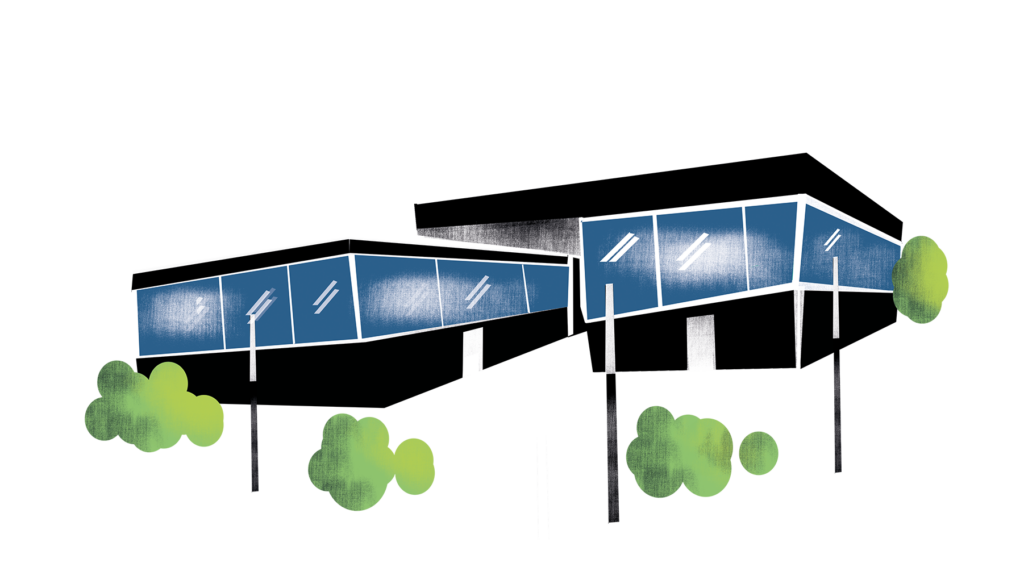

The HZDR conducts application-oriented fundamental research in the fields of health, energy and matter. To this end, the researchers develop and operate large-scale facilities with unique opportunities for experimentation, which are also available to external users. By actively utilizing the research results, they make a significant contribution to the future viability of the economy and society.
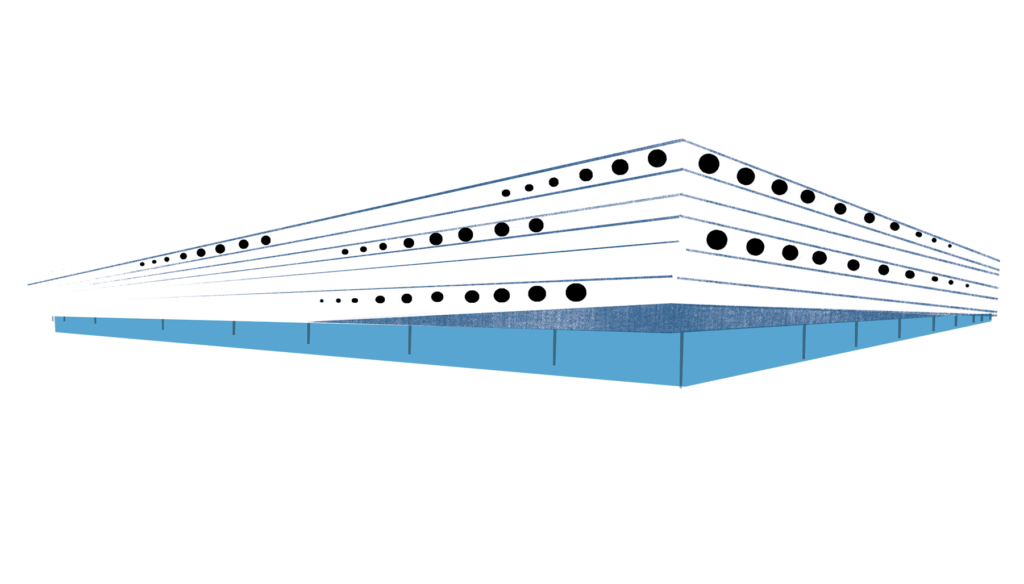

At the DLR Institute of Software Methods for Product Virtualisation in Dresden, researchers are working on virtual products in the fields of aeronautics and energy. They explore and develop key technologies, software and platforms so that interested parties in industry and science can easily and safely create and use an advanced virtual artefact. This enables a highly accurate mathematical-numerical representation of a flying object with all its properties over its entire life cycle.


Kurt-Schwabe-Institut für Mess- und Sensortechnik Meinsberg e. V. (KSI Meinsberg)
Tel.034327 608 0 E-Mailinfo@ksi-meinsberg.de Webwww.ksi-meinsberg.de/
The KSI Meinsberg is a non-profit state institute which is responsible for conducting fundamental and application-oriented research in physical chemistry and electrochemistry, sensor technology and the associated development of innovative sensor materials, scientific instrumentation and the training of early-career researchers in these fields.
Kurt-Schwabe-Institut für Mess- und Sensortechnik Meinsberg e. V. (KSI Meinsberg)
Tel.034327 608 0 E-Mailinfo@ksi-meinsberg.de Webwww.ksi-meinsberg.de/




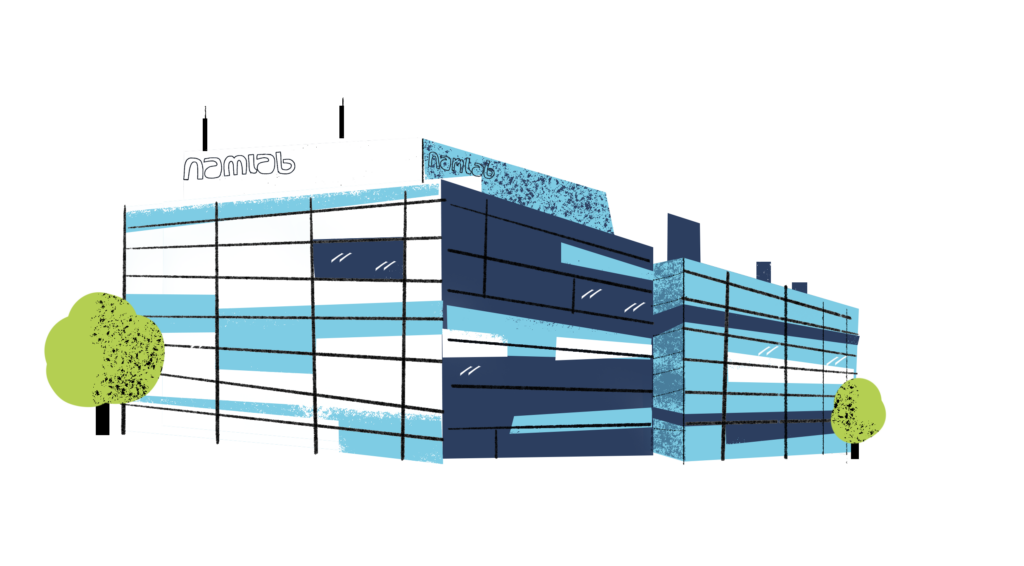

NaMLab conducts industrially oriented research with the overriding aim of developing new materials for future generations of semiconductor technology components and for applications in microelectronics. Based on key expertise in dielectric materials for semiconductor devices NaMLab focuses on the integration and application of its materials expertise applied to reconfigurable and energy efficiency devices by placing the device rather than the material system itself into the center of its research activities.




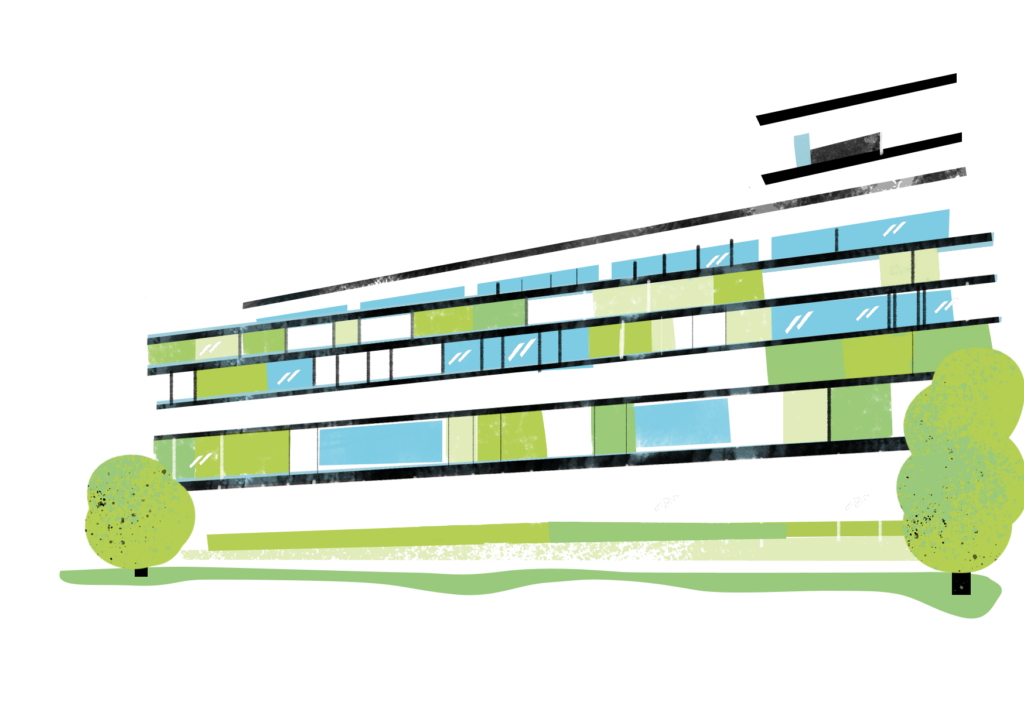

Institut für Sächsische Geschichte und Volkskunde e. V. (ISGV)
Tel.0351 463 1650 E-Mailisgv@mailbox.tu-dresden.de Webwww.isgv.de/
The Institute of Saxon History and Folklore (ISGV) conducts interdisciplinary research into the history and everyday culture of Saxony and its neighboring regions from the Middle Ages to the present day. Its focus is on fundamental research into sources, biographies, local data and visual anthropology, which is presented to the public in online databases and other publication forms.
Institut für Sächsische Geschichte und Volkskunde e. V. (ISGV)
Tel.0351 463 1650 E-Mailisgv@mailbox.tu-dresden.de Webwww.isgv.de/




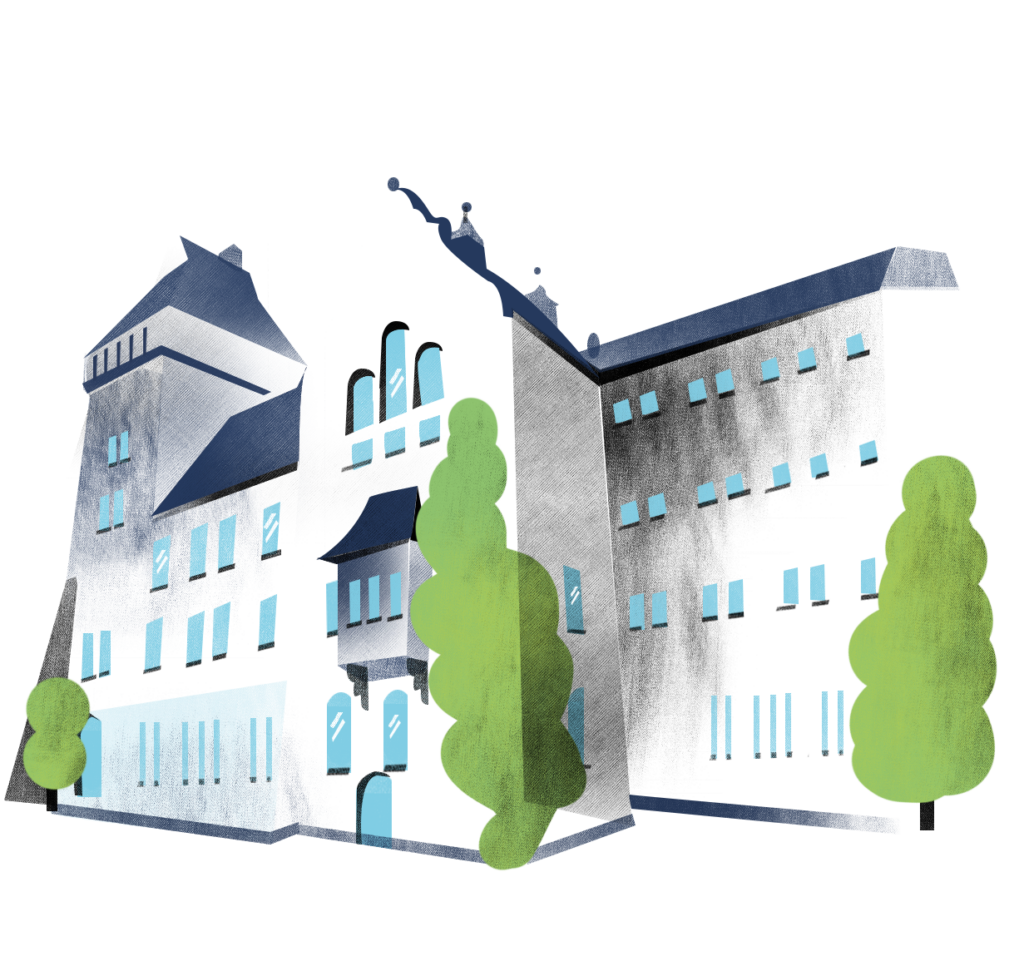

From an international perspective, HAIT studies the preconditions, effects and consquences of the two ideological dictatorships of National Socialism and Communism, the transformation after 1989 and the current challenges and threats to democracy posed by autocratic and fundamentalist regimes as well as extremist attitudes.






The PTS (formerly Papiertechnische Stiftung), which has been an affiliated institute of TU Dresden since 2022, supports research institutions and companies from all industries in the development and application of modern fibre-based solutions. The scientists work in the focus areas of recyclability of paper and board, circular packaging, fibres and composites as well as on the development of innovative measurement technology. The accredited laboratories also offer a wide range of measurement and testing services. Furthermore PTS runs its own pilot plants that play a key role in the development of new fibre materials.




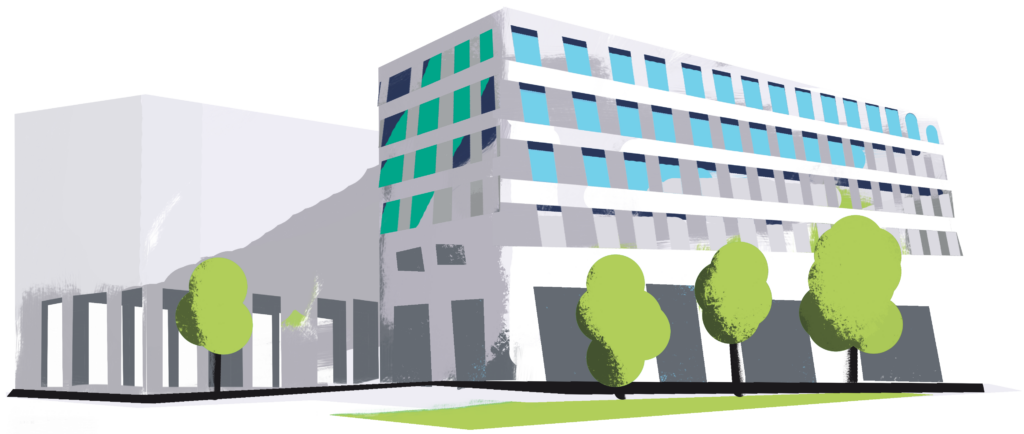

The Barkhausen Institut strives to make trustworthiness an integral part of the digital transformation of society. It is a pioneer in cutting-edge ICT research and a driving force for research, industry and civil society. The communication of research results and methods is a central component of the Institute's work.




State Capital of Dresden - Culture, Science and Tourism Division
In addition to culture, the division includes science and tourism as well as the municipal companies Dresden Marketing GmbH, Zoo Dresden GmbH and Kommunale Immobilien Dresden GmbH & Co. With the five offices including the Heinrich-Schütz-Konservatorium, the Mayor's area of responsibility includes the Office for Culture and Monument Protection, the museums of the City of Dresden, the municipal libraries and the city archives. The mayor is also the superior of the artistic directors of the Dresden Kreuzchor, the Dresden Music Festival, the Dresden Philharmonic Orchestra, the Staatsoperette, the theater junge generation Dresden and HELLERAU – European Centre for the Arts. The Science staff unit, which was established in March 2023, supports the local universities in their cooperation with the state capital of Dresden. In addition to these personnel matters, the division office coordinates appointments and public relations work for the Mayor, as well as preparing and supporting committee work (City Council, Culture Committee, Petitions Committee). In addition, the mayor represents the state capital of Dresden in her role on committees and institutions at state and federal level.
State Capital of Dresden - Culture, Science and Tourism Division


HELLERAU – European Centre for the Arts was founded as festival house and academy for musical and rhythmic education according to the visions of Heinrich Tessenow, trailblazer of modern architecture, and music educator Émile Jaques-Dalcroze in 1911. As the first cultural center in Germany’s first garden city, the legendary edifice drew artists from all over Europe to Hellerau, among them Rilke, Kafka, Djagilew, Van de Velde, Kokoschka, Gropius, Van der Rohe, Werfel, Busoni, Milhaud, Le Corbusier, Nolde, and Stefan Zweig until 1914. In the 1930s, the building was used as Police school and SS barracks, it was later a Soviet barrack and military hospital. The 1990s saw the houses revival through art.






The Technische Sammlungen Dresden is all in one: museum, science center and photo gallery. With permanent exhibitions on the technological and cultural history of photography and on the history of the information society, the Adventureland Mathematics, as well as temporary exhibitions on current technology research and a large variety of educational and dialog activities, the Technische Sammlungen Dresden promotes active engagement with the technological foundations of the present.
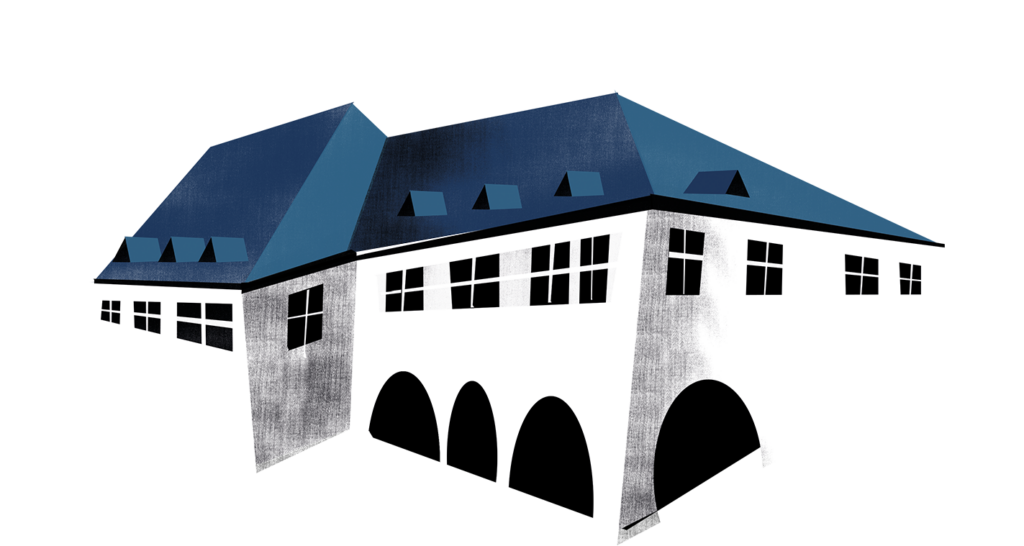

The LfA is the expert authority for the preservation of archaeological monuments in Saxony. Its core tasks include documenting, presenting and protecting archaeological monuments and artefacts. The State Museum of Archaeology Chemnitz - smac - is the only museum of regional history in Saxony that presents 300,000 years of human cultural development in the region.
Tel.+49 (0) 351 8926 - 603 Fax+49 (0) 351 8926 - 604 E-Mailinfo@lfa.sachsen.de Webwww.archaeologie.sachsen.de
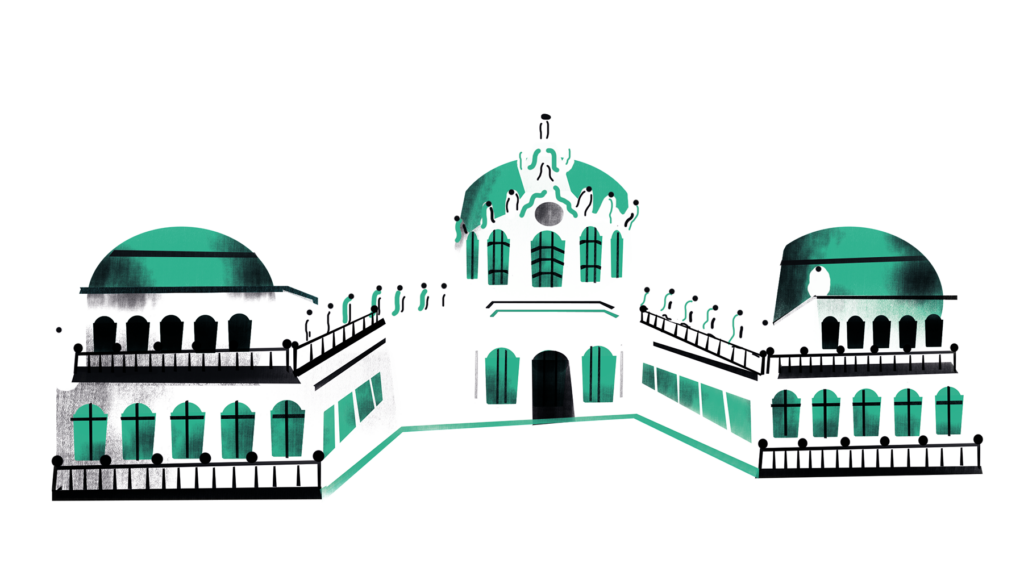

The Dresden State Art Collections are among the world's most renowned museums. Fourteen museums offer a thematic variety that is unique in its kind. To this day, the collections are committed to preserving traditions, developing visions and helping to shape the future.
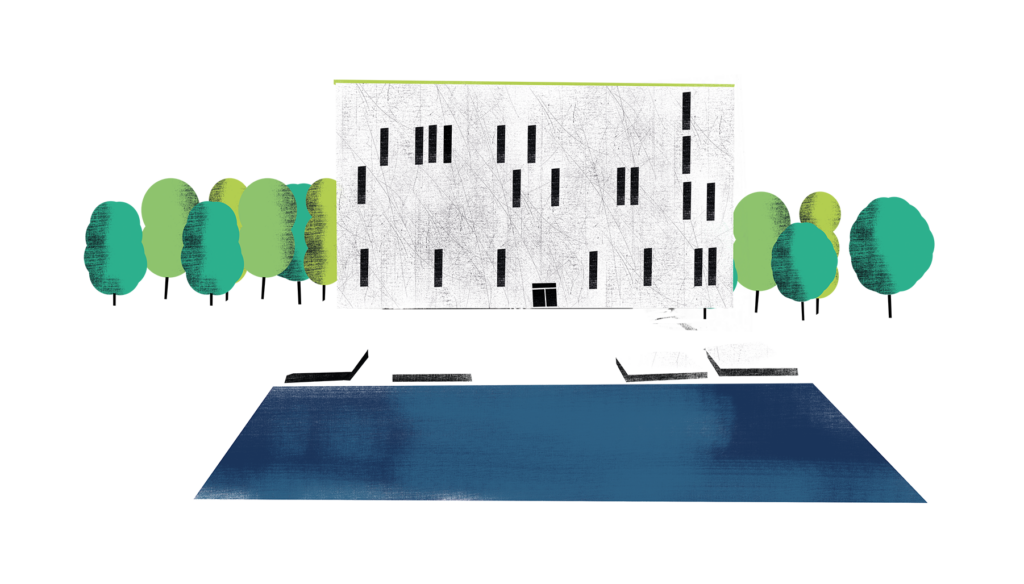

The SLUB is one of the largest and most comprehensive academic libraries in Germany. Founded in 1556, it preserves important cultural and academic heritage and is now a nationally effective innovation and service center for digital information infrastructures. With a variety of events and exhibitions, the SLUB establishes itself as a third place and stimulates exchange on current socio-political, scientific and collection-related topics.
Tel.+49 (0) 351 4677 - 123 Fax+49 (0) 351 4677 - 111 E-MailGeneraldirektion@slub-dresden.de Webwww.slub-dresden.de


With its multifaceted program, the Deutsches Hygiene-Museum Dresden is a public forum for the dialog between science and society, art and culture. The popular permanent exhibition "The Human Adventure" and the temporary, interdisciplinary special exhibitions are rounded off by readings and concerts, lectures and discussions, conferences and external events of all kinds.




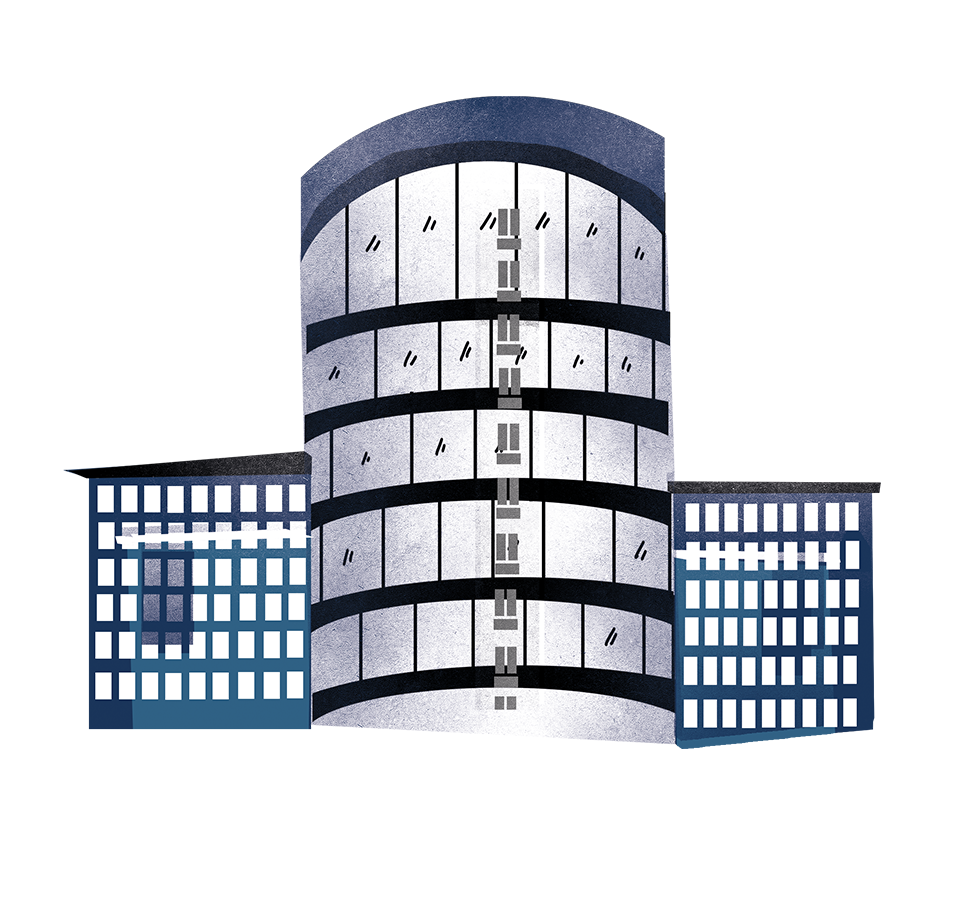

UNU-FLORES UNU-FLORES develops strategies to address pressing issues in the sustainable use and integrated management of environmental resources such as soil, water, waste, energy and other geo-resources of concern to the United Nations and its member states, particularly in developing and emerging countries.
